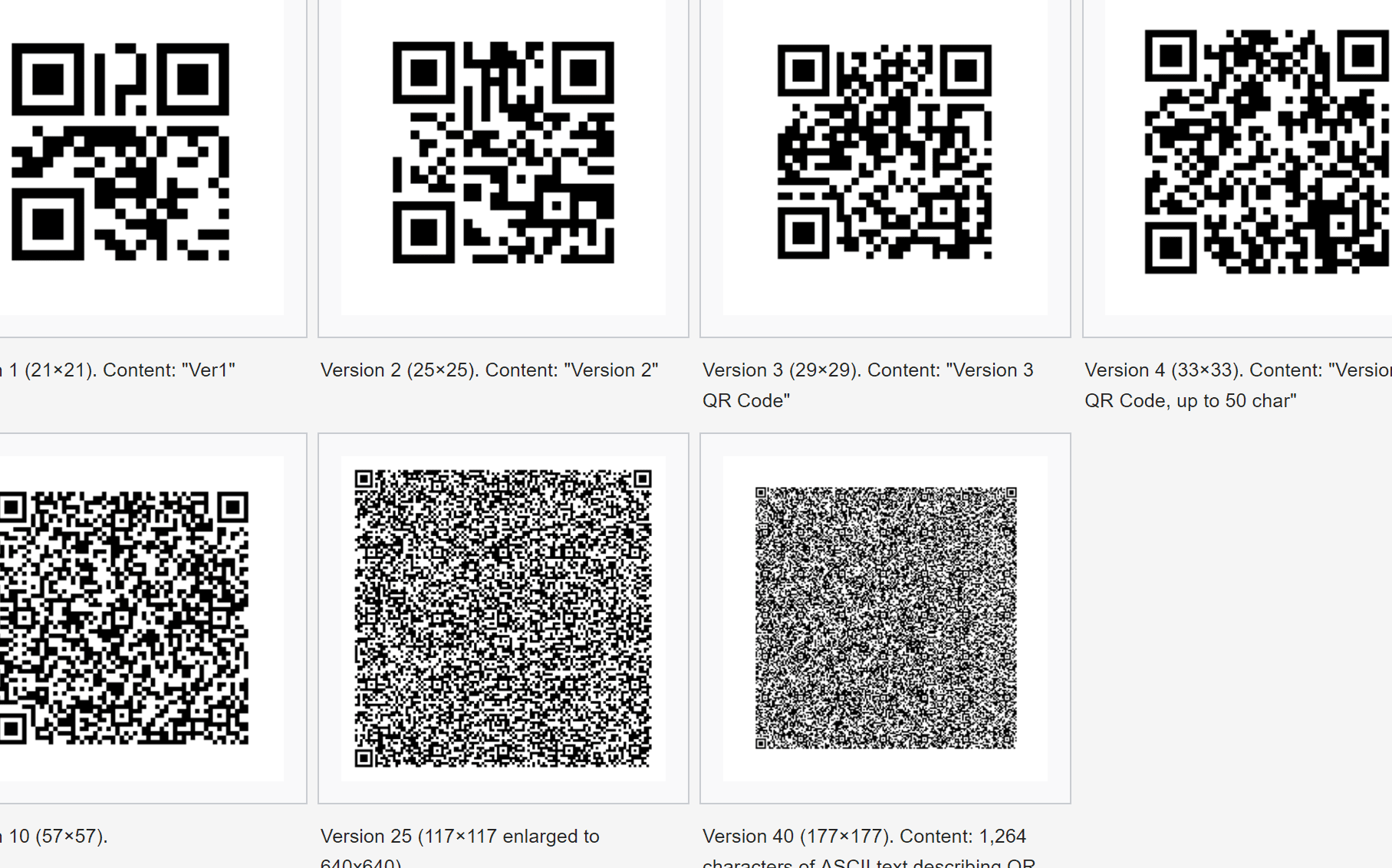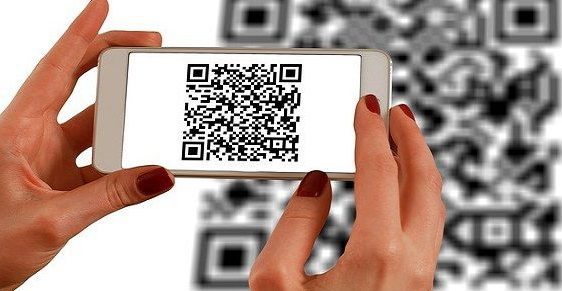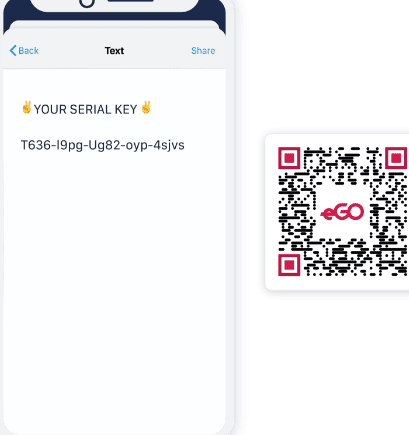QR codes: to use or not to use, that is the question. While the answer may not be a straightforward yes or no, here’s what you need to know:
So, while not always mandatory, QR codes can be required by law and hold undeniable benefits for businesses looking to streamline data collection.
Is it Mandatory to QR Code?
In today’s digital age, the use of QR codes has become increasingly important for businesses and individuals. QR codes are two-dimensional barcodes that can be scanned by smartphones and other mobile devices to access website links, product information, and more. However, the use of QR codes is not mandatory for all companies and individuals. In this article, we will explore the legal requirements and potential benefits and risks of utilizing QR codes.
State Government System
In many states, it is mandatory for companies to utilize the QR code of the state government system. This system is designed to make it easier for residents to access state services and benefits. By scanning the QR code, residents can access information about various state programs, such as unemployment benefits, driver’s license renewals, and tax filings.
Company-owned QR Code System
While many companies use the state government system for their QR codes, some organizations may choose to utilize their own QR code system. These codes could be used for a range of purposes, including marketing campaigns and loyalty programs. Companies may also use QR codes to gather information about their customers, such as email addresses and purchasing habits.
It is essential for companies to be transparent with consumers about the information they are collecting through QR codes. By doing so, they can foster trust and build lasting relationships with their customers.
Legal Requirements by State
Across the United States, the use of QR codes is governed by a range of laws and regulations. Some states require companies to obtain permission from customers before collecting their information through QR codes. Others may require businesses to display signs or other notifications about the use of QR codes on their premises.
Compliance with State Regulations
For businesses, it is essential to comply with state and federal regulations related to QR codes. Failure to do so could result in fines or legal action. Businesses should consult with legal experts or state agencies to ensure that their use of QR codes is in compliance with relevant laws and regulations.
QR Codes for Information Gathering
For consumers, the use of QR codes can be a convenient way to access information about products and services. At the same time, consumers should be aware of the potential risks associated with the gathering of personal information through QR codes. By scanning a QR code, individuals may inadvertently provide access to their personal information, which could be used for identity theft or other nefarious purposes.
Consumers should exercise caution when scanning QR codes and only provide personal information to companies they trust.
Benefits of Utilizing QR Codes
Despite potential risks, the use of QR codes can provide significant benefits for businesses and consumers. These benefits include:
- Convenient access to information for consumers
- Increased marketing and advertising opportunities for businesses
- Better tracking and analysis of customer data for businesses
- Increased efficiency in accessing state services for residents
Potential Risks of Using QR Codes for Consumers
While the benefits of QR codes are numerous, consumers must be aware of the potential risks. These risks include:
- Provision of sensitive information to unknown parties
- Potential for identity theft and fraud
- Malware or virus infections on mobile devices
Consumers should take steps to protect their personal information when scanning QR codes. This includes ensuring that their mobile devices are up-to-date with security software and only scanning codes from reputable sources.
In conclusion, the use of QR codes is not mandatory for all companies and individuals. For businesses utilizing QR codes, it is essential to comply with state and federal regulations and be transparent with customers about the information being collected. For consumers, the use of QR codes can provide convenient access to information but also poses potential risks to personal information. By taking steps to protect personal information, consumers can continue to enjoy the benefits of QR codes while minimizing potential risks.





